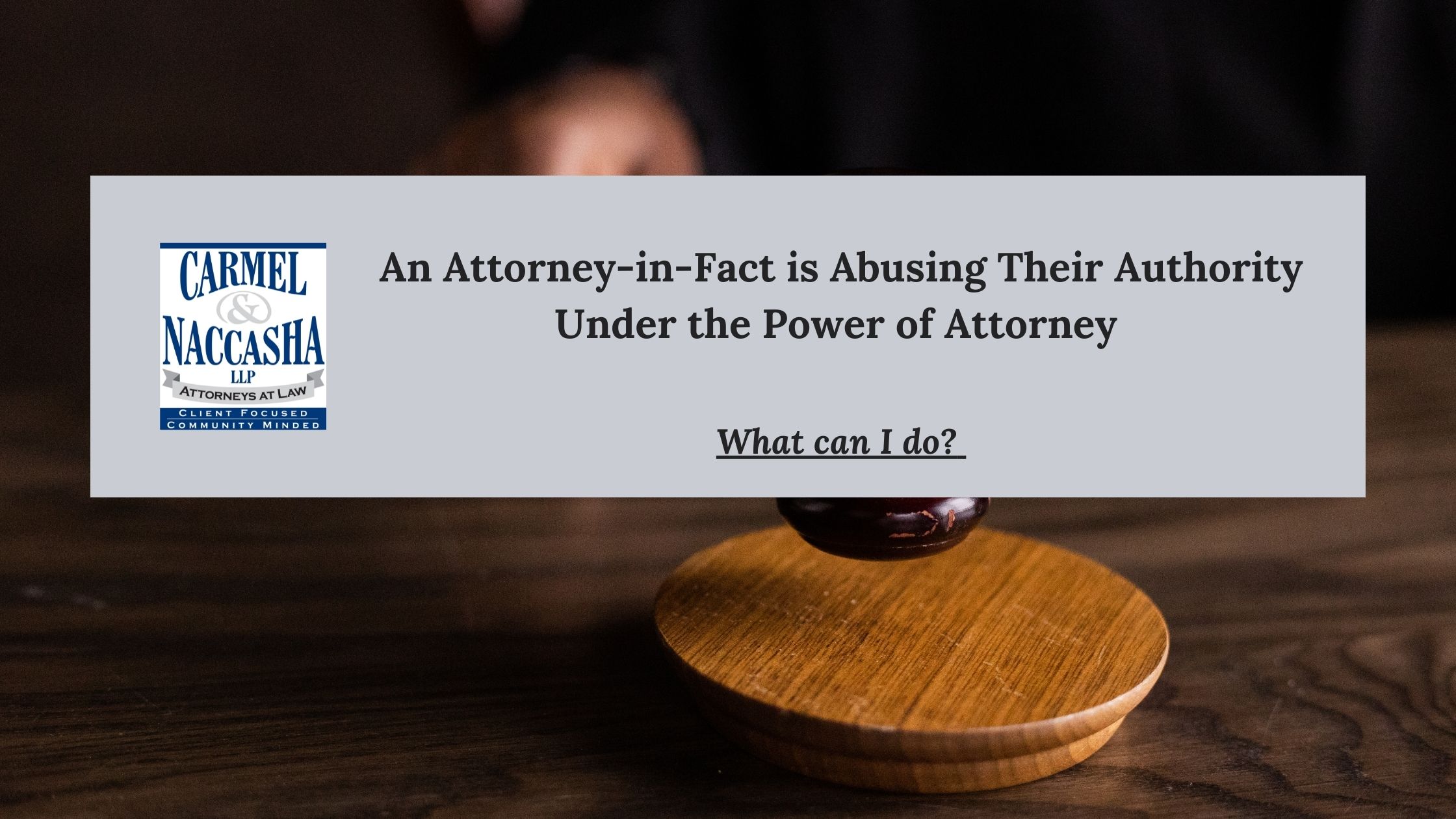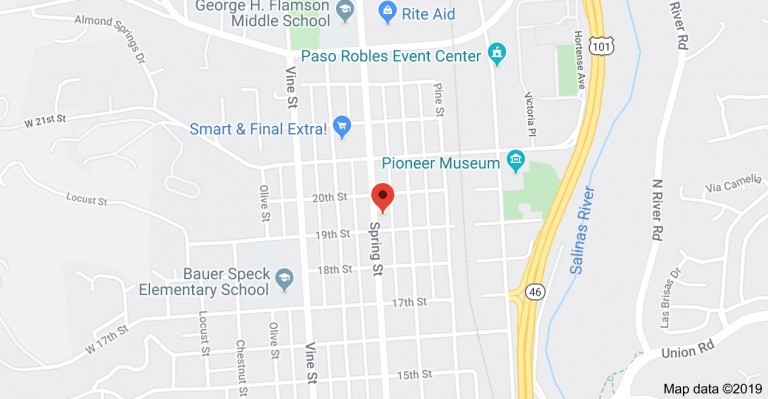Powers of Attorney
Powers of attorney allow the principal (the grantor of the power of attorney) to confer legal powers to the principal’s attorney-in-fact (the receiver of the power of attorney). These documents are commonly used to allow the attorney-in-fact to act for the principal in legal, financial, and/or medical matters. The attorney-in-fact owes fiduciary duties to the principal and must always act in the principal’s best interest.
The powers granted by a power of attorney can be broad or limited. For example, a broad power of attorney can confer the power to manage the principal’s real property, business, financial assets, and even modify their trust. A power of attorney can also limit powers to only those necessary to complete a certain action, such as to sell a specific real property asset.
Powers of attorney can be springing or non-springing: a springing power of attorney only “springs” into effect when the principal lacks capacity to act. The springing type can be particularly useful in an emergency, such as when the principal suffers a health catastrophe and needs someone to step in to keep the principal’s affairs in order. A non-springing power of attorney remains in effect from the moment it is executed through any potential incapacity of the principal.
Dishonest Attorneys-in-Fact
Whether a power of attorney is limited or not, it grants great power to attorneys-in-fact and with great power comes great responsibility. Choose an attorney-in-fact who you trust and who will act in your best interests. But what steps can you take if you believe an attorney-in-fact is acting improperly and abusing their authority?
Revoking a Power of Attorney
If you’re the principal and of sound mind, you can revoke the attorney-in-fact’s authority by executing a revocation and delivering it to the attorney-in-fact. Be sure to also deliver a copy of the revocation to third-parties who might rely on the power of attorney, such as financial institutions. If the principal lacks capacity, the probate court can order the attorney-in-fact’s authority revoked, as discussed below.
Questioning an Attorney-in-Fact’s Actions in Court
If you are questioning the acts taken by an attorney-in-fact, you can raise those questions with the probate court. California Probate Code section 4500 et seq. provides a basis for judicial oversight to examine the attorney-in-fact’s actions taken under the power of attorney. You can bring a legal action under this section even if you’re not the principal. The Probate Code is broad in this regard: the principal, the spouse of the principal, a relative of the principal, the trustee or personal representative of the principal’s estate, the conservator of the principal’s person or estate, or even a friend of the principal are among those who can petition the court.
Reviewing the Acts of the Attorney-in-Fact
The court can review the acts the attorney-in-fact has taken or plans to take to determine their validity and whether they are authorized by the power of attorney. The court can also order the attorney-in-fact to produce an accounting and report on the actions he or she has taken as attorney-in-fact. If you suspect the attorney-in-fact has acted improperly, such as by mismanaging assets, self-dealing, or stealing, petitioning for an accounting and report is particularly useful. If the attorney-in-fact has acted dishonestly, a legal proceeding can be initiated to recover any misappropriated assets from the attorney-in-fact. The attorney-in-fact may be surcharged for the amount misappropriated.
Petitioning to Revoke an Attorney-in-Fact’s Authority
If the principal lacks the capacity to revoke the attorney-in-fact’s authority and the attorney-in-fact has acted improperly, you can petition the court for an order revoking the attorney-in-fact’s authority. You will need to show that (1) the attorney-in-fact has violated his or her fiduciary duties or is unfit to perform them; (2) the principal lacks capacity, usually with a declaration from the principal’s doctor; and (3) it would be in the best interest of the principal or the principal’s estate to revoke the authority of the attorney-in-fact.
Violation of the attorney-in-fact’s fiduciary duties can look like theft, misappropriation, self-dealing, fraud, or other dishonest actions. Each of these violations is fact specific. If the attorney-in-fact has violated his or her fiduciary duties or is unfit to perform them, it won’t be difficult to show that it would be in the best interest of the principal or the principal’s estate to revoke the attorney-in-fact’s authority. It could, however, be costly. So, again, choose your attorney-in-fact wisely.
Determining Whether the Power of Attorney is in Effect
You can also petition the court to determine whether the power of attorney is in effect or whether it has been terminated. This issue might arise where the principal has executed a springing power of attorney but it’s unclear whether the principal has become incapacitated, which would trigger the power of attorney to “spring” into effect. This question might also arise when it’s unclear whether the principal has regained capacity after a period of incapacity, thereby terminating the effect of a springing power of attorney.
Choosing an Attorney-in-Fact
Because your attorney-in-fact holds a position of great power, you should consider your options carefully before creating a power of attorney. Make sure to appoint an attorney-in-fact who you trust to act honestly and in your best interest.
Fortunately, if a situation does arise where an attorney-in-fact has acted improperly, legal recourse is available. If you’re questioning the acts an attorney-in-fact has taken, please speak to our estate planning and trust attorney, Victor Herrera, for a free consultation.
Contact Legal Professional
The information provided herein does not, and is not intended to, constitute legal advice; instead all information, content, and materials are for general informational purposes only.
If you have any questions, please contact Carmel & Naccasha, and for more details, read our full disclaimer.



